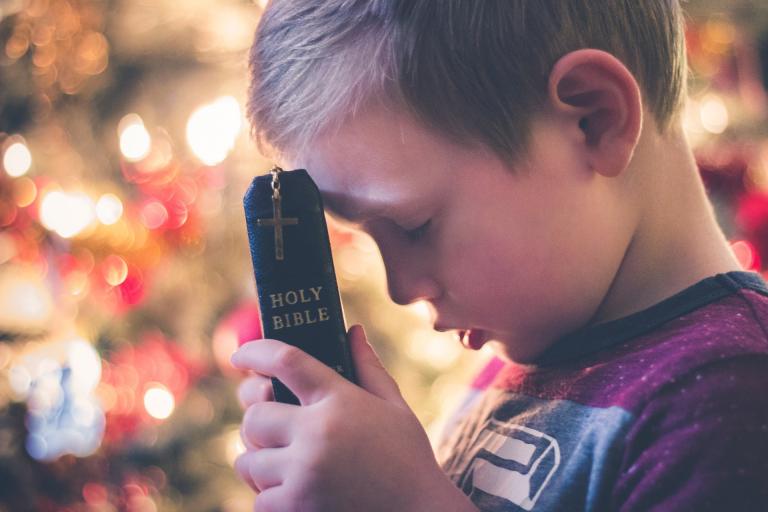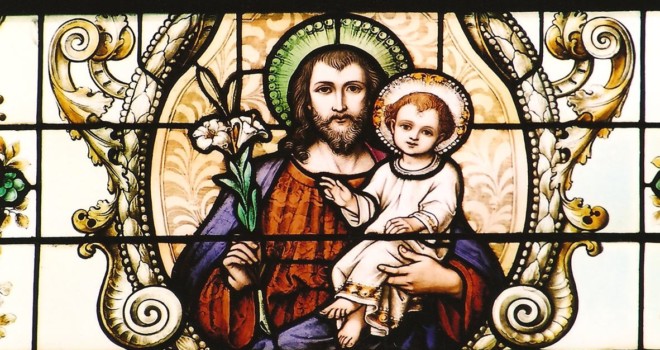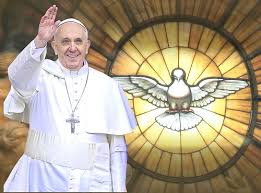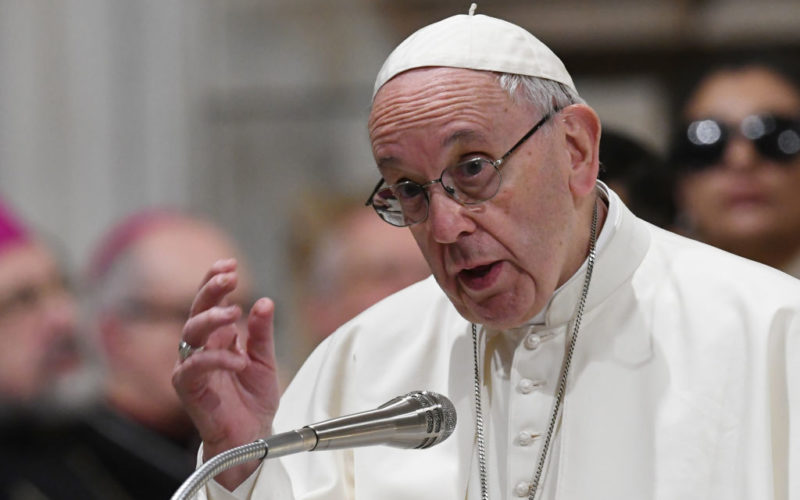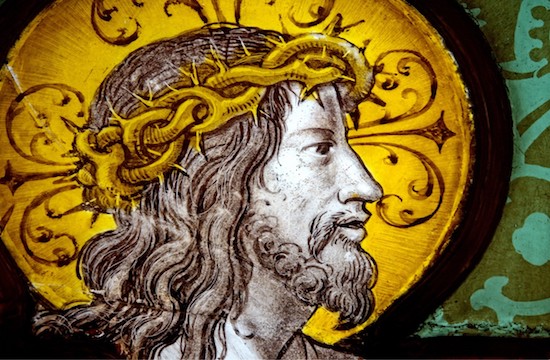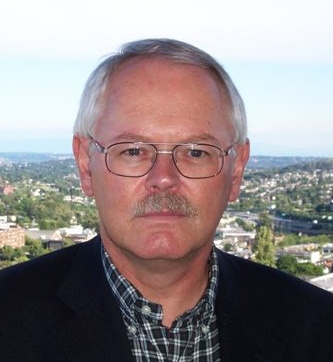Pope Francis Issues Lengthy Apostolic Exhortation on Universal Call to Holiness
In Gaudete et Exsultate, the Holy Father offers guidance on the many paths to sanctity in today’s world.
Edward Pentin
Pope Francis has issued a long apostolic exhortation on holiness in today’s world, in which he emphasizes the universal call to sanctity, highlights the pitfalls to achieving it, and recalls that the Christian life is one of constant battle against the devil and the forces of evil.
Running at just over 22,000 words, Gaudete et Exsultate (Rejoice and Be Glad) — The Call to Holiness in Today’s World — contains many themes the Holy Father has repeated over the past five years: an emphasis on the importance of discernment, warnings against Gnosticism and neo-Pelagianism, rigidity, doing things as they have always been done, an excessive emphasis on doctrine, and gossip.
He quotes the late Jesuit Cardinal Carlo Maria Martini and the Swiss theologian Hans Urs Von Balthasar in the text, but also draws on the example of many saints, including St. Bonaventure, St. Francis of Assisi and St. Anthony of Padua, and singles out women saints such as St. Hildegard of Bingen, St Bridget and St. Catherine of Siena.
The document is rich in guidance on how to answer the call to holiness in a world filled with distractions, consumerism and hedonism. Frequently, the Pope stresses the importance of prayer and worship, but gives greater emphasis to acts of love and mercy toward one’s neighbor, especially the poor and those on the periphery.
In one particularly notable section, the Pope stresses that “equally sacred” to defending the lives of the unborn are the lives of the poor, the elderly exposed to “covert euthanasia” and those facing “every form of rejection.”
As with every apostolic exhortation or letter, the document begins with its title: “Rejoice and be glad” — Jesus’ words to those persecuted or humiliated for his sake.
“The Lord asks everything of us, and in return he offers us true life, the happiness for which we were created,” the Pope begins. “He wants us to be saints and not to settle for a bland and mediocre existence,” and he reminds the faithful that the call to holiness “is present in various ways from the very first pages of the Bible.”
In light of this, the Pope says his “modest goal” is to “re-propose the call to holiness in a practical way for our own time, with all its risks, challenges and opportunities. For the Lord has chosen each one of us ‘to be holy and blameless before him in love.’”
The first chapter outlines the essence of the call to holiness. The Pope stresses that the Holy Spirit “bestows holiness in abundance among God’s holy and faithful people,” not just the beatified, canonized, prelates, clergy or religious, but the “saints next door” — “the middle class of holiness.” Often, he says, holiness is shown through patience, such as parents who raise their children “with immense love” or “work hard” to support their families.
Besides making the point that holiness exists “even outside the Catholic Church,” he says that each believer has to “discern” his or her own path to sanctity and that St. John of the Cross “preferred to avoid hard and fast rules for all.” He also stresses the “genius of woman” seen in “feminine styles of holiness,” witnessed especially in times of history when “women tended to be most ignored or overlooked” and whose sanctity led to “important reforms” in the Church.
Holiness is not restricted to those who “spend much time in prayer,” he goes on, and argues that it is “not healthy to love silence while fleeing interaction with others, to want peace and quiet while avoiding activity, to seek prayer while disdaining service.”
Instead, the Pope stresses that the call to holiness can also be answered through “small gestures,” such as refusal to succumb to the temptation to gossip. “Holiness is nothing other than charity lived to the full,” he adds, and “giving your best” in committing yourself “body and soul.”
Distractions and Gadgets
He notes the constant distractions of “new gadgets,” travel and consumerism, asking how we can “stop this rat race” and recover the personals space for “heartfelt dialogue with God.” Quoting Cardinal Martini, he says finding that space may not happen unless “we see ourselves staring into the abyss of a frightful temptation, or have the dizzying sensation of standing on the precipice of utter despair, or find ourselves completely alone and abandoned.”
As he has said before, the Pope calls on the faithful not to be “afraid of holiness” and adds that “to the extent that each Christian grows in holiness, he or she will bear greater fruit for our world.”
He highlights two “subtle enemies” of sanctity — gnosticism and pelagianism. Although the Pope says Placuit Deo, a document on the subject by the Congregation for the Doctrine of the Faith issued in February, provides the “doctrinal bases” for these heresies, he broadens the definitions considerably, saying gnostics today “judge others based on their ability to understand the complexity of certain doctrines.” They also “reduce Jesus’ teaching to a cold and harsh logic that seeks to dominate everything.”
“When somebody has an answer for every question, it is a sign that they are not on the right road,” he says. “They may well be false prophets, who use religion for their own purposes, to promote their own psychological or intellectual theories.” He also warns against believing that knowledge of doctrine makes one “perfect and better than the ‘ignorant masses.’”
On contemporary pelagianism, the Pope warns against telling the weak that “all things can be accomplished with God’s grace” while giving the idea that “all things are possible by the human will” and failing to realize “that ‘not everyone can do everything.’” The “new pelagians,” he continues, have an “obsession with the law,” a “punctilious concern for the Church’s liturgy, doctrine and prestige,” and “give excessive importance to certain rules,” rather than wishing to spread the “beauty and joy of the Gospel and seeking out the lost.”
“May the Lord set the Church free from these new forms of gnosticism and pelagianism that weigh her down and block her progress along the path to holiness!” he says.
In Chapter 3, the Pope recalls Jesus’ Sermon on the Mount in showing the way towards holiness. In a sub-chapter entitled “Going Against the Flow,” he lists each of the beatitudes, highlighting that holiness is manifested in being poor of heart, meekness and humility, knowing how to mourn with others, yearning for righteousness, keeping a heart free of all that tarnishes love, sowing peace, and accepting the path of slander and lies — the modern persecution of today.
In a further subchapter called “The Great Criterion,” the Pope underlines the importance of imitating the Good Samaritan, but warns against ideologies such as those which view some social-justice work “as superficial, worldly, secular, materialist, communist or populist.”
“Our defense of the innocent unborn, for example, needs to be clear, firm and passionate,” he says. “Equally sacred, however, are the lives of the poor, those already born, the destitute, the abandoned and the underprivileged, the vulnerable infirm and elderly exposed to covert euthanasia, the victims of human trafficking, new forms of slavery, and every form of rejection.”
He also criticizes some Catholics who often view the situation of migrants as “a secondary issue” compared to “the ‘grave’ bioethical questions,” and he cites scriptural references underlining the importance of welcoming the stranger.
Again, the Pope stresses the importance of acts of mercy, saying that although “primacy belongs to our relationship with God,” one should not “forget that the ultimate criterion on which our lives will be judged is what we have done for others.”
Dangers of Hedonism and Consumerism
He also warns against “hedonism and consumerism,” which “can prove our downfall” and lead to our being “too concerned about ourselves and our rights.” The answer, he says, is to “cultivate a certain simplicity of life, resisting the feverish demands of a consumer society.”
He lists five “great expressions” of love for God and neighbor that will make us “genuinely happy” as perseverance, patience and meekness; joy and a sense of humor; boldness and passion; being in community; and constant prayer.
The last chapter is given to spiritual combat, and he reminds the faithful that the Christian life “is a constant battle,” but adds that this battle “is sweet, for it allows us to rejoice each time the Lord triumphs in our lives.” He also stresses that this battle is not just against “the world and a worldly mentality” or “human weakness,” but “a constant struggle against the devil.”
The devil is not “a myth,” he says, adding that he “does not need to possess us,” but simply “poisons us with the venom of hatred, desolation, envy and vice.” Those who fail to realize it is a constant battle “will be prey to failure or mediocrity,” he adds, stressing that the Lord has given us “powerful weapons” to fight the devil such as “faith-filled prayer, meditation on the word of God, the celebration of Mass, Eucharistic adoration, sacramental reconciliation, works of charity, community life, missionary outreach.”
He goes on to warn against “spiritual corruption,” which he describes as a “comfortable and self-satisfied form of blindness” where all appears acceptable: “deception, slander, egotism and other subtle forms of self-centredness, for even Satan disguises himself as an angel of light.”
Pope Francis ends by returning to his common theme of discernment, which he says is “something more than intelligence or common sense.” It is a gift, he says, which we must implore and seek to develop through prayer, reflection, reading and good counsel.
“Discernment is necessary not only at extraordinary times,” he says, adding that only if we are prepared to listen do we have the freedom to set aside our own partial or insufficient ideas, our usual habits and ways of seeing things.
“Naturally, this attitude of listening entails obedience to the Gospel,” he says, but it is “not a matter of applying rules or repeating what was done in the past, since the same solutions are not valid in all circumstances and what was useful in one context may not prove so in another.”
“The discernment of spirits liberates us from rigidity, which has no place before the perennial “today” of the Risen Lord,” the Pope says.
The Pope closes the document, released on the Solemnity of the Annunciation, which was transferred to today due to Palm Sunday, by asking that these reflections “be crowned by Mary, because she lived the beatitudes of Jesus as none other” and because she “teaches us the way of holiness and she walks ever at our side.”

